Foaming at the mouth in pets can be a cause for concern for pet owners. Heart ConditionsConditions such as pulmonary edema can result from heart failure. Severe pulmonary edema can cause liquid to come out of the nose and mouth.
However, if the saliva is foaming, it may indicate a serious condition such as rabies or seizures. If a person experiences a heart attack or pulmonary edema due to a drug overdose, they may require separate treatments for the complications. Anyone who is foaming at the mouth or sees someone who is should seek emergency medical attention immediately. For seizure-prone individuals, following prescribed treatments and avoiding known triggers decrease episode chances. The Epilepsy Foundation suggests that nearly 70% of patients maintain control with medication. As mentioned earlier, the bitter taste of many medications is a primary reason for foaming.
Foaming at the mouth, or frothing, is a symptom that can indicate a serious underlying condition requiring immediate medical attention. The appearance of the foam—its color, consistency, and the accompanying symptoms—provides crucial clues for diagnosis. Foaming at the mouth, also known as oral foam, is a symptom that often indicates an underlying medical condition.
Exploring Underlying Health Conditions Related to Foaming at the Mouth
Various conditions can cause it, including epileptic seizures, drug overdoses, rabies, and poisoning. Acting quickly by contacting emergency services and providing basic first aid can make a life-saving difference. Frothing from the mouth, also known as foaming at the mouth, is a noticeable symptom that can indicate various medical conditions. Caused by an excessive buildup of saliva, mucus, or fluids in the mouth, it’s important to recognize the underlying cause for appropriate treatment. In this article, we’ll explore common medical causes of froth from the mouth and offer guidance on seeking timely medical attention when necessary. Call emergency services and provide as many details about the potential poison and the timing of exposure as possible.
Can certain foods or beverages cause foamy saliva?
Knowing these signs quickly means life-saving help could come faster. Remain with the person until EMS arrives and hand over your observations and any information you’ve gathered. Then, assess the person’s level of consciousness (are they responsive?), breathing (is their breathing regular and adequate?), and pulse (is there a palpable pulse?). When a person overdoses on drugs, their body goes into a state of shock.
Examples of Foaming at the Mouth in Literature and Mythology
However, if your saliva looks different to normal, it can be a sign that something is wrong. Normal saliva is thin and watery, so foamy saliva can be a cause for concern. In appearance, foamy white saliva is thicker, frothier, and cloudier than normal.
Usually when they are angry at someone or something other than themselves. The overall clinical picture, therefore, is far more informative than the foam’s appearance alone. The above foamy spit causes are usually temporary and can be remedied by drinking water. If you foam at the mouth while sleeping, it is likely you sleep with your mouth open or snore. You can try sleeping with a larger pillow to raise your head, blowing your nose before bed, or taping your mouth closed with a soft mouth patch. Therefore, understanding the context is key when assessing this symptom.
Ensure Safety
- Whether it’s a dramatic scene in a movie or a real-life medical emergency, this symptom is more common than you’d think and can be linked to various causes.
- Ingesting toxic substances can lead to severe frothing due to the body’s reaction to expel the harmful agent.
- Foaming or frothing at the mouth occurs when saliva mixes with air, creating a bubbly substance that appears around the mouth or lips.
- Foaming here results from a combination of increased saliva production and difficulty swallowing.
- Amoxicillin has a very bitter taste, and many cats will froth or foam at the mouth if they taste it.
Gabapentin in liquid form can sometimes cause salivation or frothing in cats due to the taste. Drink at least 2 liters (about 8 cups) of water daily to keep saliva flowing smoothly. Dehydration often leads to thick saliva, contributing to foam formation. Avoid excessive caffeine and alcohol, as they can further dehydrate. Addressing foam in the mouth involves a combination of medical treatments and home remedies. The phrase ‘foam at the mouth’ also has connotations of rabid animals on the attack, since their condition also causes foaming at the mouth.
Once the convulsions stop and someone starts to regain consciousness, the bystander can roll the individual onto their side. People who overdose on ingestible toxins, such as alcohol or liquid chemicals, may require a stomach pump or activated charcoal to remove the toxin. Usually, only one type of seizure, which is called a tonic-clonic why would someone foam at the mouth seizure, causes drooling, slight foaming, or bubbling at the mouth.
- Foaming at the mouth, also known as frothing, is a rare condition that can be alarming when it occurs.
- This symptom often signals a medical emergency, such as a seizure or poisoning, and requires immediate attention.
- Foam at the mouth can stem from various sources, including seizures or extreme exertion.
- Naloxone, also known as Narcan, is a medication that helps reverse opioid overdose.
- It’s crucial to swiftly seek medical care if mouth frothing occurs alongside additional severe indicators.
- You may also choose to use helpful products like antimicrobial mouthrinses and tongue scrapers.
- Always be vigilant and, when in doubt, consult with a veterinarian.
A person who routinely has seizures may have a care plan in place and may not need hospital care every time they have a seizure. But if you’re unsure, it’s better to err on the side of caution and call for help. Foaming at the mouth is one of the most characteristic symptoms of rabies. This happens because the virus affects the nervous system, making swallowing difficult.
Lifestyle changes and medical interventions play a vital role in prevention and treatment. Regular check-ups and adherence to prescribed treatments significantly enhance outcomes. It’s essential to stay informed and proactive in addressing this alarming condition to ensure the best possible care and safety. In seizures, excessive salivation and rapid breathing mix saliva with air, forming foam. Rabies, a rare but severe condition, also leads to this symptom alongside aggressiveness (CDC, 2023).
What to Do If Someone Foams at the Mouth: Essential Steps and Causes Explained
Within hours, Max exhibited symptoms including vomiting, diarrhea, and excessive drooling. The drool gradually transformed into white, foamy saliva that accumulated around his mouth and nostrils. A 25-year-old man, with a history of epilepsy, experienced a sudden, generalized tonic-clonic seizure.





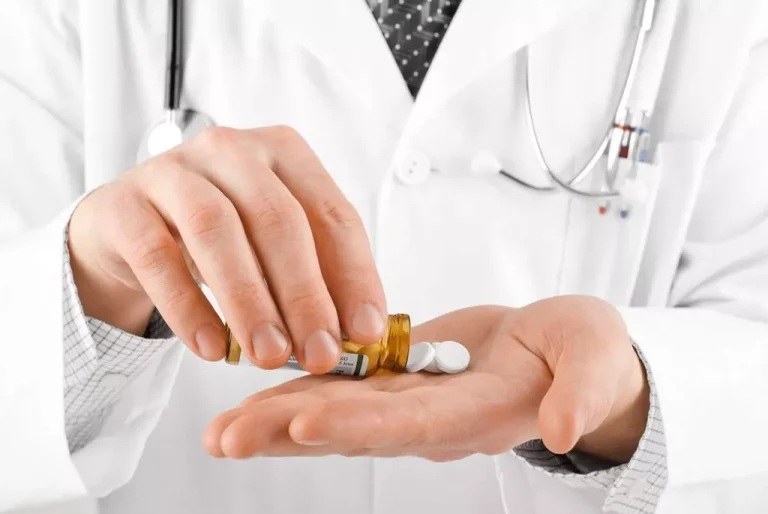
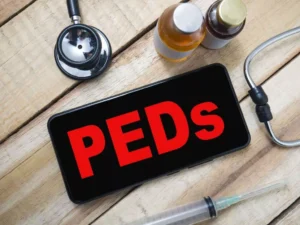
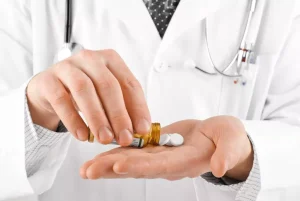
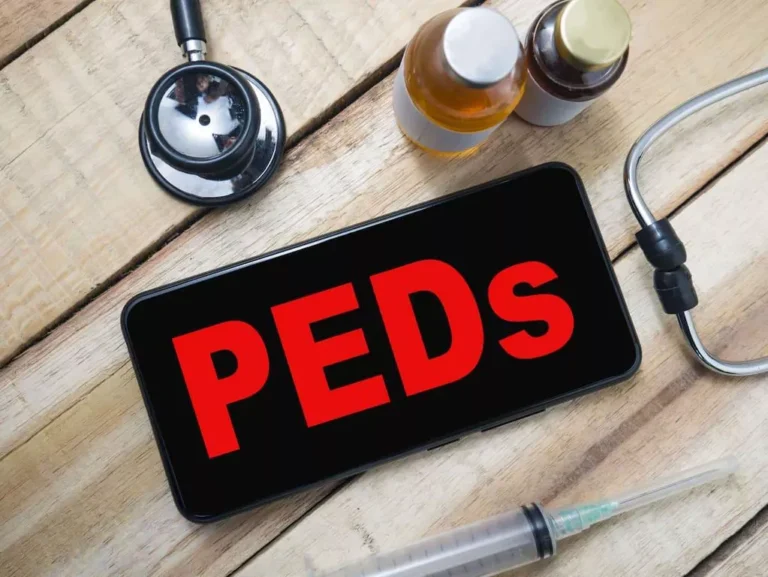
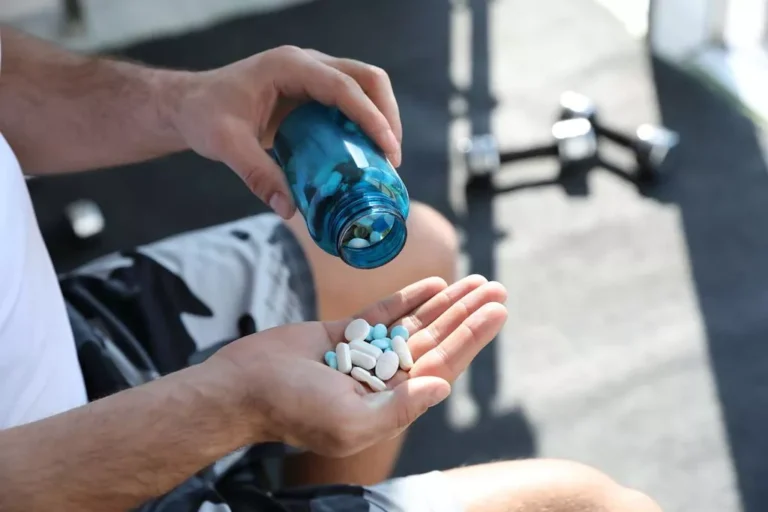
.jpg)
.jpg)



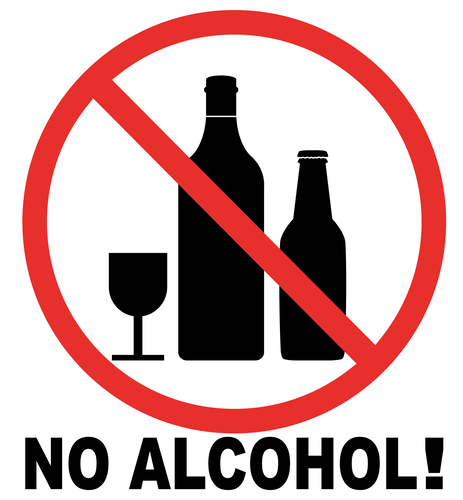




.jpg)
.jpg)



